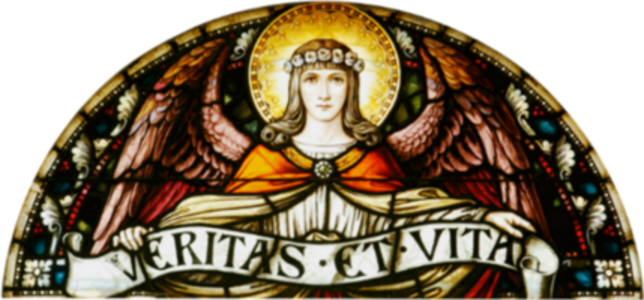Truth is what is real and accurate. It exists regardless of what people think or feel. The search for truth helps in science and everyday life. Knowing how to find what is true helps people avoid lies and bad information.
Some ideas about truth aim to explain everything. These are often called ultimate truths. Some people look for these through religion or study of the divine. Others use philosophy to find the deep principles of reality. Both groups believe that some truths never change.
Universal truths are ideas that people everywhere recognize. The fact of death and the link between actions and results are known in every culture. Love and kindness are valued across the world. These shared ideas show that humans have deep connections that cross borders and languages.
Truths also apply to animals and plants. Every living thing needs food to survive. Everything that lives also changes and eventually dies. Many creatures show care for others of their kind. These facts connect humans to the whole web of life.
Philosophers study how truth works. One theory says that statements are true if they match the real world. This is like a mirror reflecting what is actually there. Another theory says truth comes from how ideas fit together. A statement is true if it agrees with other established knowledge. Both ideas clarify the process of learning.
Testing a claim takes work. Facts and data provide the best evidence. If many different sources say the same thing, the claim is more likely to be true. Logic also helps. If parts of a story do not fit together, the story is probably false.
Lies often hide behind strong emotions. Fear and anger can stop people from thinking clearly. People may try to use these feelings to make others believe something false. Recognizing these tricks is an important skill. A person should look at facts calmly to see if they still make sense.
Truth stays the same over time. Fire is hot no matter who touches it. Real facts stand up to close study. Lies fall apart when someone looks at them from many sides. Careful study reveals gaps and mistakes that a lie cannot hide.
Seeking truth requires discipline. A person must be willing to ask hard questions and change their mind when the facts change. This applies to news from the world and to personal beliefs. The same rules used to judge others must be used to judge oneself.
Truth is the floor for knowledge and good choices. Without a way to tell what is real, people cannot make sound plans. The effort to find the truth is a central part of living a thoughtful life.

